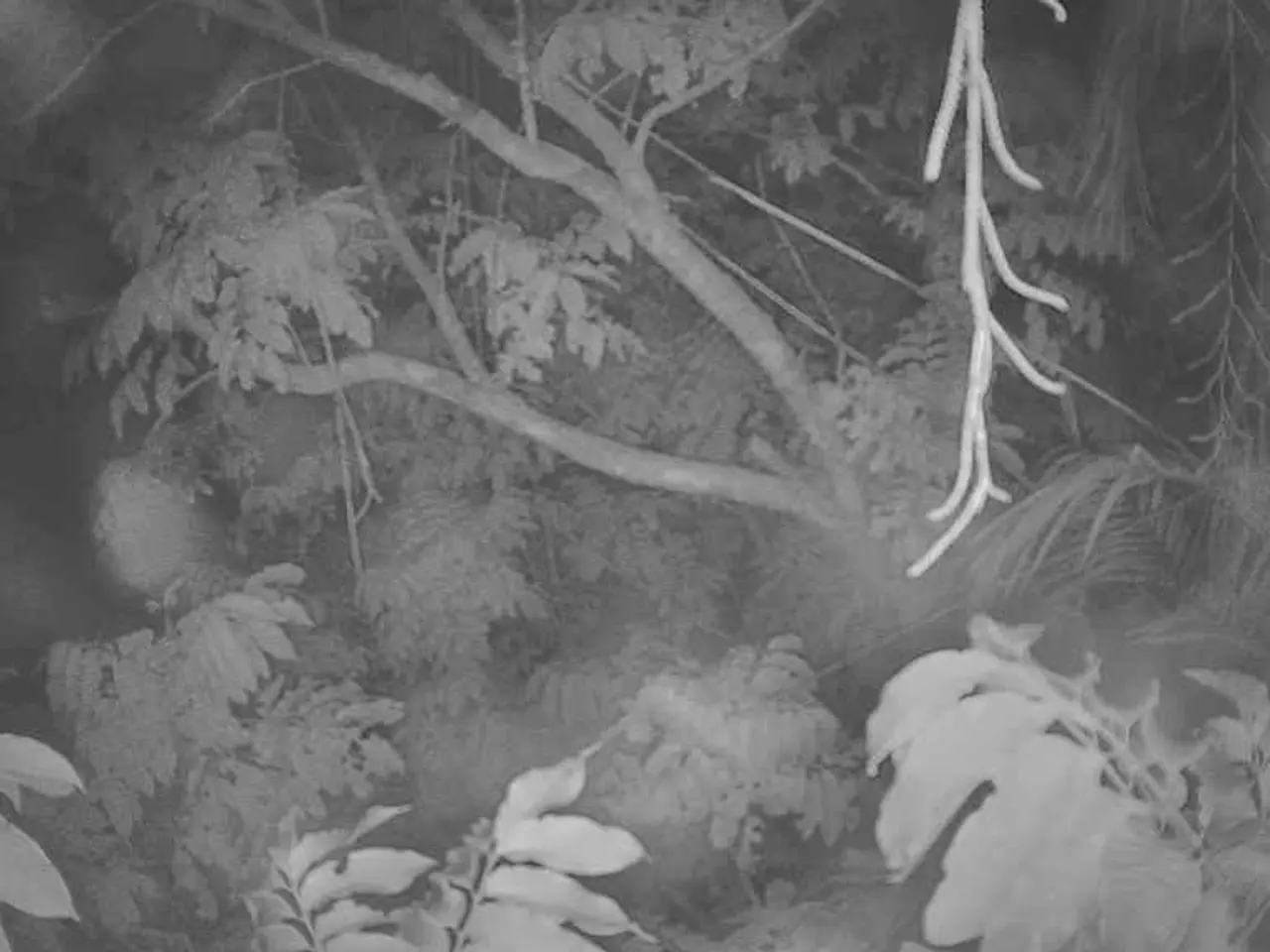Proactive Plant Disease Management: JKI's Strategies Protect German Forests
Plant diseases, caused by both abiotic and biotic factors, pose significant threats to plant health and economic value. These issues can be mitigated through proactive management strategies, as highlighted by the German Federal Research Centre for Cultivated Plants (JKI).
Proactive management involves accurate identification of diseases, followed by preventive measures such as choosing disease-resistant plants and managing nutrition. Cultural practices like planting sacrificial trees and maintaining suitable forest management also play a crucial role. The JKI develops specific recommendations for prevention and treatment in Germany.
Integrated Pest Management (IPM) is a cost-effective, eco-friendly approach that combines preventive measures, cultural controls, and direct control measures. Early monitoring of forest health is vital for detecting and addressing issues promptly, preventing widespread damage.
Plant pathogens can cause diseases if environmental conditions are favorable. Correct identification is key for effective management and targeted interventions. By implementing these strategies, we can protect our plants, forests, and urban green spaces from disease-related damage.








